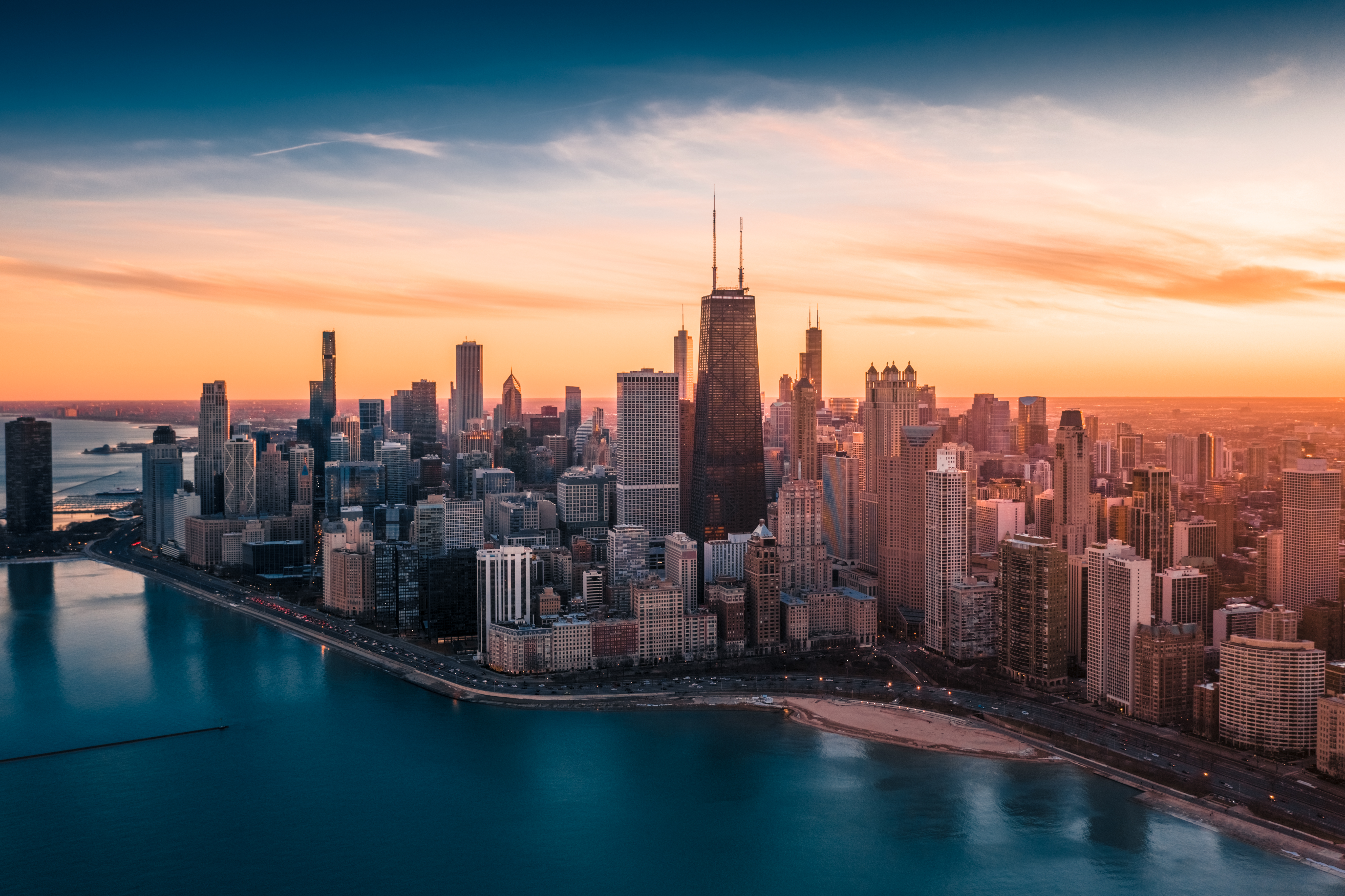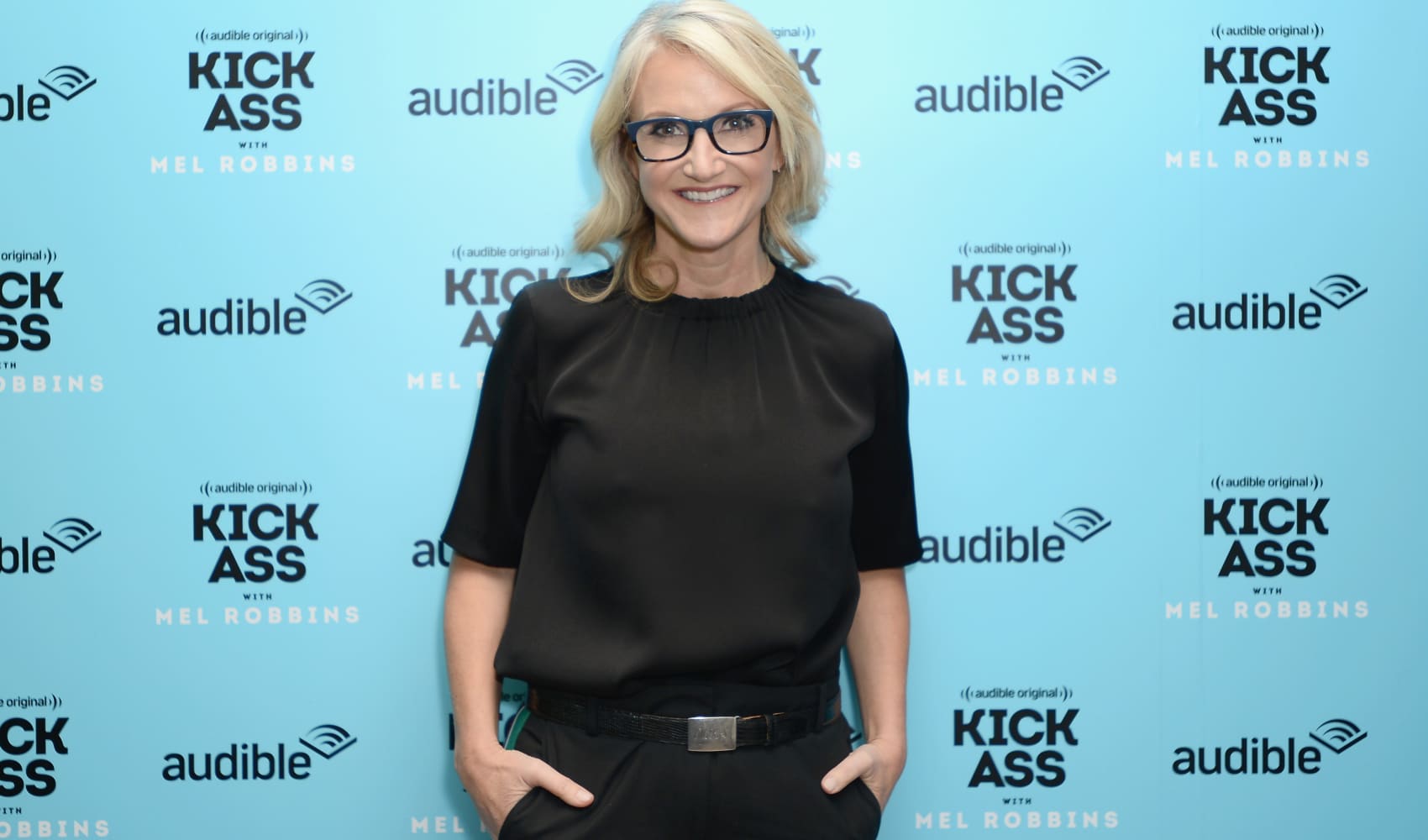Illinois lawmakers approved requiring more public disclosure about lobbyists Thursday in response to a federal bribery charge against a since-disgraced representative but pushed heavy ethics-reform lifting off to a newly created commission that will report recommendations next spring.
Overwhelming votes in both the House and the Senate on the year’s last scheduled day of work in Springfield belied the dissatisfaction House Republicans had with what one lawmaker called a “milquetoast” measure and criticism over the makeup of the commission they fear will be stacked with Democrats.
The six-day fall session also ended with no agreement on restructuring taxes on a proposed Chicago casino which, in their current form, could potentially devour profits. Democratic Gov. J.B. Pritzker did win approval of his plan to pool assets of hundreds of local police and firefighters’ pension systems into two statewide accounts to boost investment returns and save local administrative costs.
The ethics legislation was a speedy response to charges last month against ex-Rep. Luis Arroyo, who allegedly offered a bribe to a senator to support legislation Arroyo planned to introduce at the same time Arroyo was lobbying the Chicago City Council on the same issue. Outside lobbying by sitting legislators is legal in Illinois. Few states restrict it.
Earlier Thursday, Pritzker dismissed any notion that officials were rushing through a bill to have something to point to.
“We are taking it very seriously. We're not going to tolerate people who engage in the kind of corruption and self-dealing that we've seen,” Pritzker said. “The bill that is being considered today ..., it's just a beginning. There isn't a lot of time to go after the big things that need to be addressed.”
The legislation requires the secretary of state to combine existing online databases of lobbyists, campaign contributions and statements of economic interest. Lobbyists would have to disclose more detail about the interests they’re representing and ties to state or local government.
Local
House Republicans were particularly irked that Democrats scuttled a plan to strengthen disclosures in statements of economic interest. They’re designed to list the financial interests a lawmaker or policymaker has that might raise conflicts when it comes to official action. But they’re widely derided as “None Sheets” because the form’s broadly worded questions invariably allow respondents to answer “None” or “N/A.”
“I'm a little disappointed with the fact that we are not bringing resolution to this part of ethics reform, considering the world that we are existing in, in Illinois,” House Republican Leader Jim Durkin of Western Springs said. “When this building is burning down, we're going to punt this section.”
The bill’s sponsor, Majority Leader Greg Harris of Chicago, said there were questions by members of both parties about the forms and that the commission should take it up. It is to report its recommendations by March 31, 2020.
A resolution to create the ethics commission drew GOP derision as well. Its 16 members would be appointed by the governor, House and Senate Democrats and Republicans, and the attorney general’s and secretary of state’s office, both of which Democrats control. Republicans said that meant 10 members could be Democrats.
“Corruption and ethics are not partisan, the integrity of this chamber is not partisan,” said Senate Republican Leader Bill Brady of Bloomington. “This is an unbalanced, partisan commission, though, and if you support that you are not voting in the interest of the people.”
___
The ethics bills are SB1639 and HJR93.



